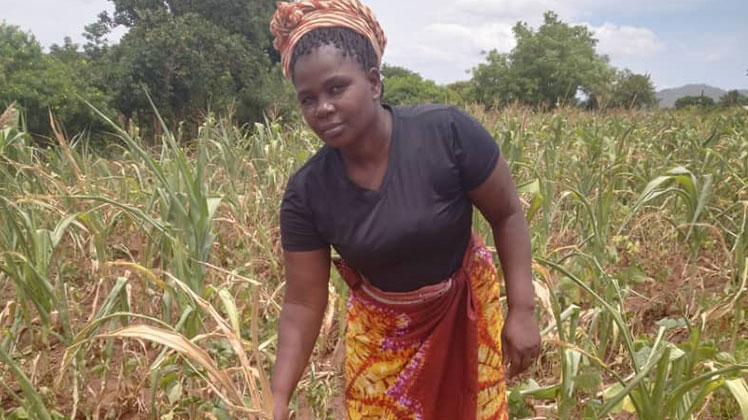Unep lauds NGO for harnessing food security, climate change

A local non-governmental organisation (NGO), Lake Chilwa Basin Climate Change Adaptation Programme (LCBCCAP), has been named by the United Nations Environment Programme (Unep) as a best example of projects that are effectively demonstrating the ecosystem-based approach (EBA) to harnessing food security and climate change adaptation in Africa.
During the First Africa Food Security and Adaptation Conference held in Nairobi, Kenya last week, Unep singled out LCBCCAP as leading in propagating efforts aimed at strengthening the resilience of both people and natural resources not only in the Lake Chilwa Basin but also in other catchment areas across the country and internationally.
The conference was held under the theme Harnessing Ecosystem-Based Approaches for Food Security and Adaptation to Climate Change in Africa. It was held in collaboration with the UN Food and Agriculture Organisation (FAO), other UN agencies, governments and stakeholders. LCBCCAP programmes manager, Welton Phalira, explained that the symposium sought to explore ecosystem-based approaches to enhance food security, ecosystem productivity and climate change adaptation in Africa. “It also explored measures that could be taken to scale up these approaches for improved food security and climate change adaptation in Africa. Malawi has not only shared its experiences, we have also learnt new techniques and approaches for enhancing food security and climate change adaptation from other African countries. “These lessons will be tested and applied in different parts of the country so as to improve the availability, accessibility, utilisation and the stability of food among basin rural communities and to enhance their resilience to climate change,” said Phalira.
He said the recognition is a clear demonstration of the “wonderful work” the programme is undertaking in its efforts to strengthen the resilience of both people and natural resources in the Lake Chilwa Basin. Phalira indicated that this will motivate LCBCCAP to increase its efforts in scaling up the approach and activities under the programme for strengthened resilience of social and ecological systems in the Lake Chilwa Basin and beyond. The meeting was attended by over 700 participants from 54 countries, including representatives of governments, civil society and intergovernmental organisations. Other Malawian institutions at the conference included the Department of Environmental Affairs, Department of Forestry (Forestry Research Institute of Malawi), Department of Land Resources Conservation and Kusamala, a Lilongwe-based NGO that promotes permaculture, according to the LCBCCAP programme manager.





